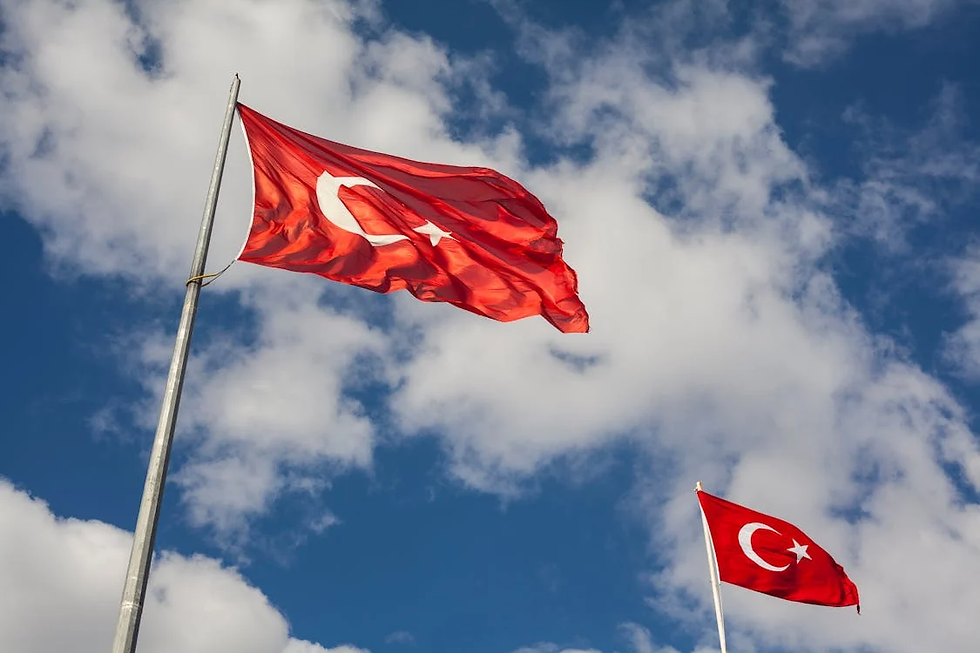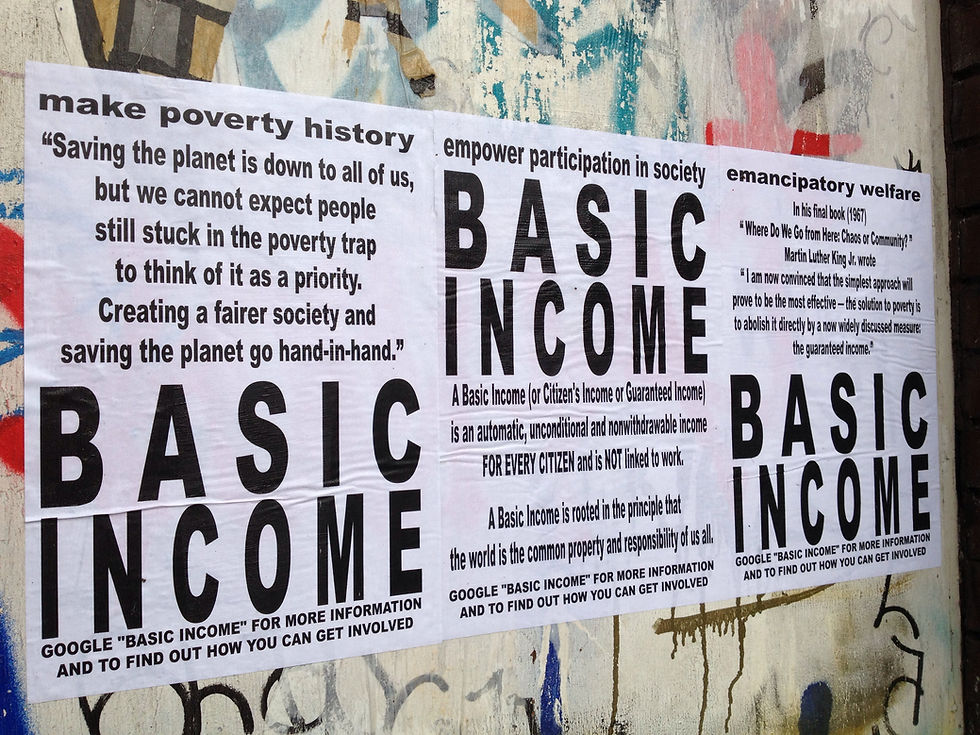Turkey Grapples with Rising Inflation Rates
- Michael Zhang
- Jan 21, 2022
- 2 min read
Updated: Dec 23, 2024
Over the years, Turkey’s economic growth has mainly been financed by foreign currency loans, incentivizing investing, and discouraging savings. The abundance of money drove up wages and increased prices, creating controllable inflation. Since inflation lowers the value of the lira, this has encouraged the Turkish people to put money towards things that lose value slower, such as index funds and corporate bonds. However, uncontrollable inflation - which is now posing a risk to Turkey - diminishes the value of savings, and decreases buying power. As currency becomes worthless, people are forced to throw their savings at basic necessities.

Due to President Tayyip Erdogan’s interference with the central bank and losing its preferential trade treatment, the Turkish lira lost 44% of its value against the U.S. dollar last year. Erdogan was reluctant to raise interest rates before the current crisis, and missed his chance to avoid the present situation.
Higher inflation meant Turkey struggled to pay debts, further heightening inflation. Mainstream economic theory would usually endorse the raising of interest rates, thus encouraging saving, and reducing product demand. Because higher interest rates would create bigger profits, the demand for the currency would also increase, making the Turkish lira more valuable.
However, Erdogan remains staunchly opposed to raising interest rates. This boils down to his refusal to help the so-called “interest rates lobby”: a group of people that, according to Erdogan, would benefit from higher interest rates. Last year, Erdogan fired four Turkish central bank policymakers in the space of two months, due to their attempts to raise interest rates.
Due to Erdogan’s opposition to raising interest rates, several problems have arisen. There are fears of a bank run, in which more people withdraw their savings and convert their assets into physical lira. This creates a cycle of panic in which more and more people demand to withdraw their money, eventually draining the bank. Under Erdogan’s policy, he would compensate people if the inflation were higher than the bank’s set exchange rate for the lira. For example, if banks currently pay a 5% interest rate and the Lira drops 20% against the dollar, the government would pay up the differences that the Lira would still hypothetically be worth as its historical price. In short, he is hoping to use low-interest rates to cancel out inflation, hoping that people will trust in the value of the lira.
On the final day of 2021, Turkey’s central bank, most likely with Erdogan’s approval or knowledge, wrote off an expected $5.2 billion loss as a $4.4 billion profit by selling foreign reserves to the treasury. This overnight change of fortune reflects Erdogan’s repeated attempts at convincing investors to buy into the lira.
Erdogan’s economic policy also is politically unpopular. His approval ratings are the lowest since he was elected in 2013. Additional polling suggests that, if elections were held today, Erdogan would lose his majority in Parliament.
Attempts by the Istanbul municipality to increase the supply of cheap bread and provide more food subsidies have also exacerbated the economic crisis. Even with lower prices, demand is still low; bread sales are down, hurting many bakeries. As one baker notes, “We are crushed from two sides … The municipality is selling cheap bread to gain votes, and the government keeps prices down to keep votes.”

_edited.png)



Comments